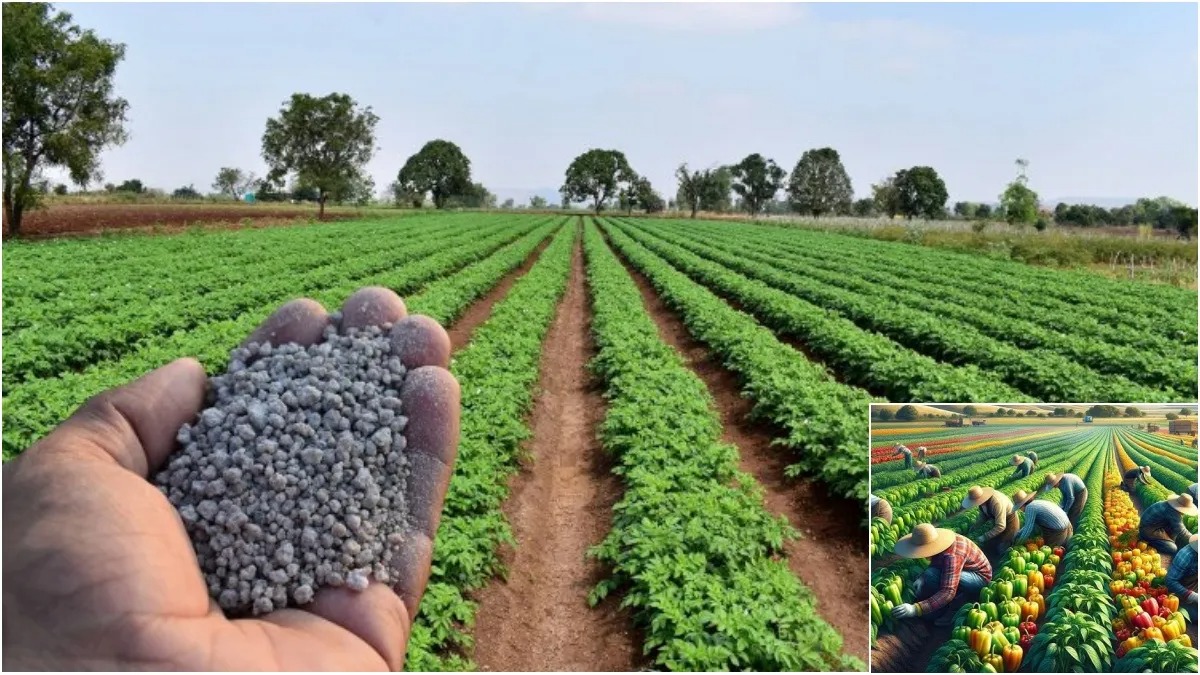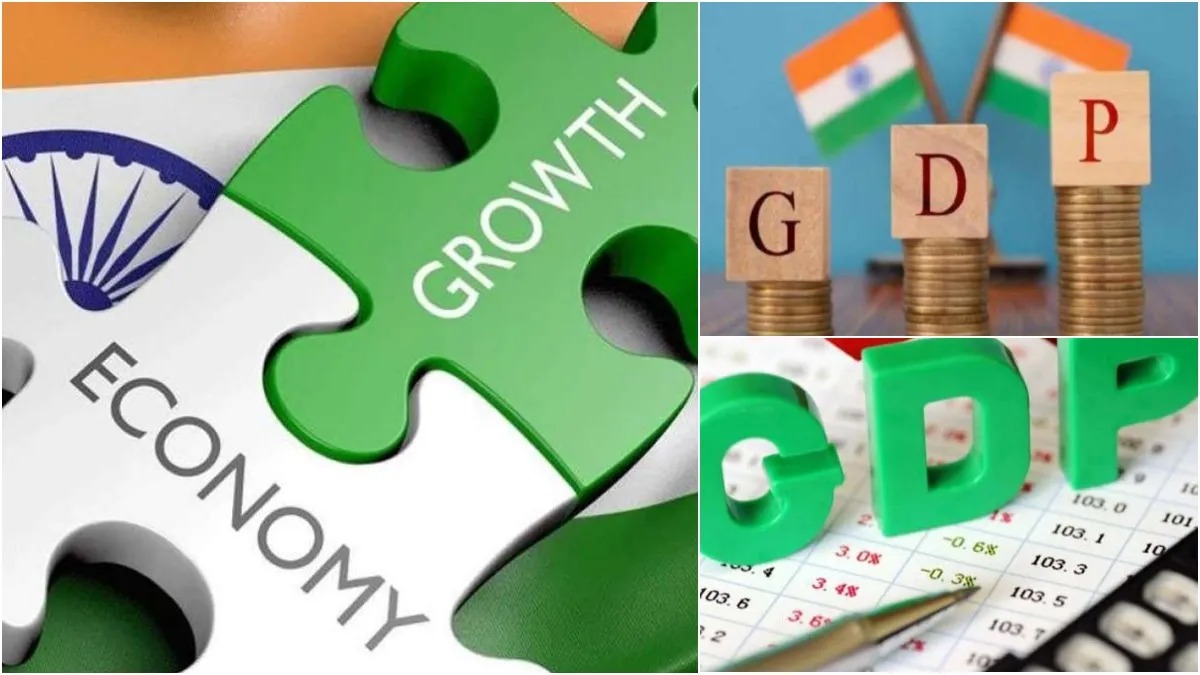
The All India Kisan Sabha on Thursday said the Union Cabinet's decision to increase the special subsidy on di-ammonium phosphate (DAP) fertilizer will increase the profits of companies instead of protecting the interests of farmers. "The All India Kisan Sabha (AIKS) believes that the government's decision to increase the special subsidy on di-ammonium phosphate will increase the profits of companies instead of protecting the interests of farmers," the farmers' organization said in a statement on Thursday. The AIKS said that while the price of urea has been statutorily fixed at Rs 266.50 per 45 kg bag since November 2012, the prices of muriate of potash (MOP) have increased from Rs 4,455 per tonne in 2009-10 to Rs 34,644 per tonne in August 2023.
The prices of DAP have increased a lot
The organization said, "The price of di-ammonium phosphate increased from Rs 9,350 in 2009-10 to Rs 27,000 per tonne in 2023 (August). On the other hand, there has been a huge cut of Rs 87,339 crore in fertilizer subsidy in the last three years." According to the statement, "In the Union Budget for the financial year 2022-23, the (actual) fertilizer subsidy was Rs 2,51,339 crore. Whereas in the (revised) budget for 2023-24, the expenditure on this item was only Rs 1,88,894 crore. This was Rs 62,445 crore less than in 2022-23. In the budget estimate for 2024-25, the fertilizer subsidy is Rs 1,64,000 crore, that is, it is also Rs 24,894 crore less than the previous financial year. "
Lower domestic production
AIKS said that over the past three decades, domestic production has fallen short of demand for all fertilizers and India has become increasingly import-dependent. We are heavily dependent on imports of P&K (phosphate and potash)-based fertilizers to meet our requirements. "The share of imports in the total supply of fertilizers ranges from 60 per cent for DAP to 100 per cent for MOP. This has made India's agricultural production and food security vulnerable," the farmers' organisation said.
Fertilizer companies' profit margins rise
Citing various studies, the statement claimed that the profit margin of fertilizer companies increased to 36 per cent in 2022. And this is the highest since the global crisis of 2007-08. It also said that the fall in the exchange rate of the rupee has increased the crisis. Also, there is a huge shortage of fertilizer availability. It is noteworthy that the government on Wednesday decided to extend the additional subsidy beyond December 31, 2024 to make DAP fertilizer available to farmers at the rate of Rs 1,350 per bag. This will put a burden of up to Rs 3,850 crore on the government treasury. Last year, the central government had announced a one-time special package of Rs 2,625 crore on di-ammonium phosphate at Rs 3,500 per tonne from April 1 to December 31, 2024. This package was in addition to the nutrient-based subsidy (NBS) fixed by the government on non-urea nutrients. This decision has been taken to ensure consistent availability of DAP to farmers at affordable prices.
--Advertisement--

 Desk
Desk Share
Share






